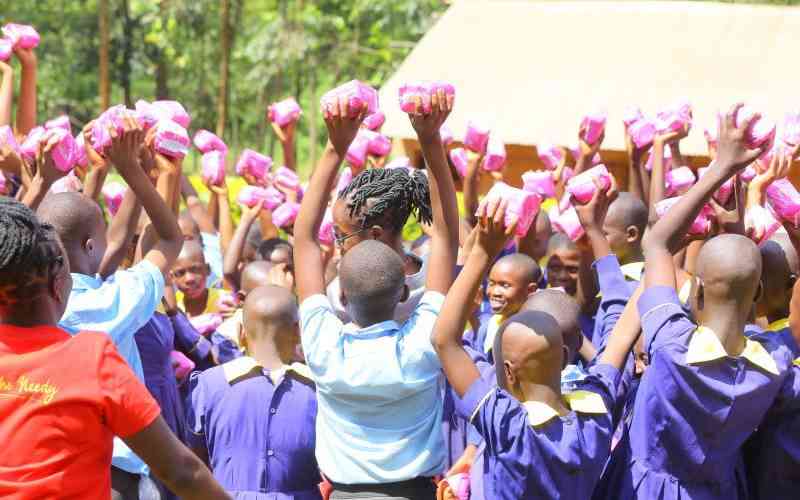×
The Standard e-Paper
Stay Informed, Even Offline

The girl child in junior and senior schools will have a reason to smile if the government adopts a proposal to include them in the sanitary pads programme.
This is because the current arrangement largely focuses on a fraction of female learners from low-income households.